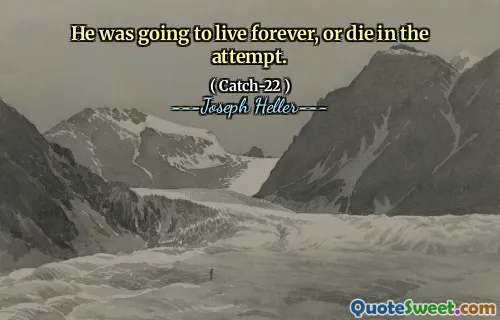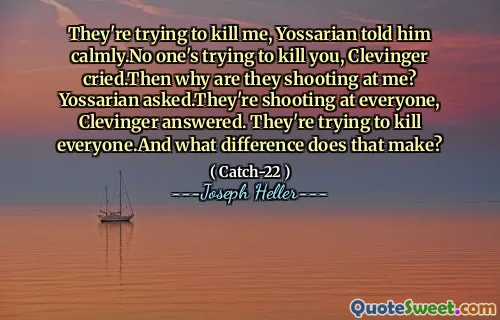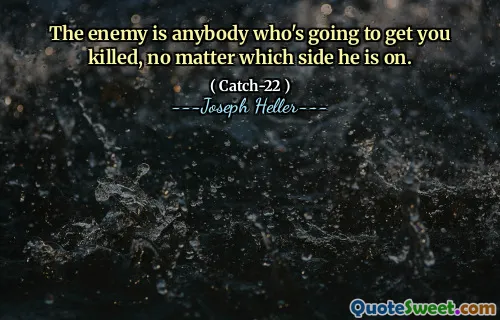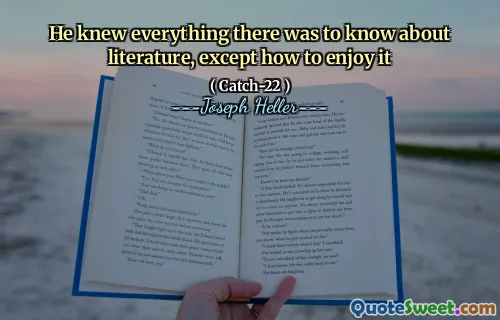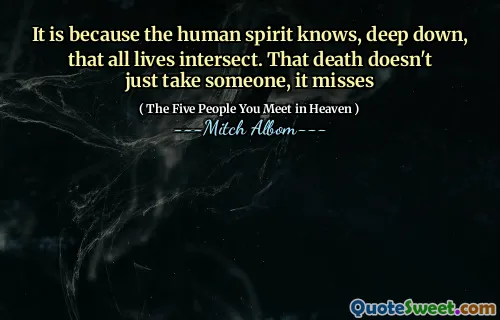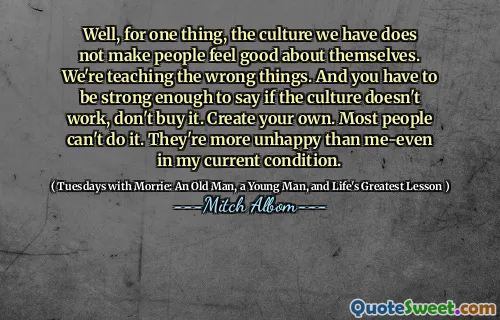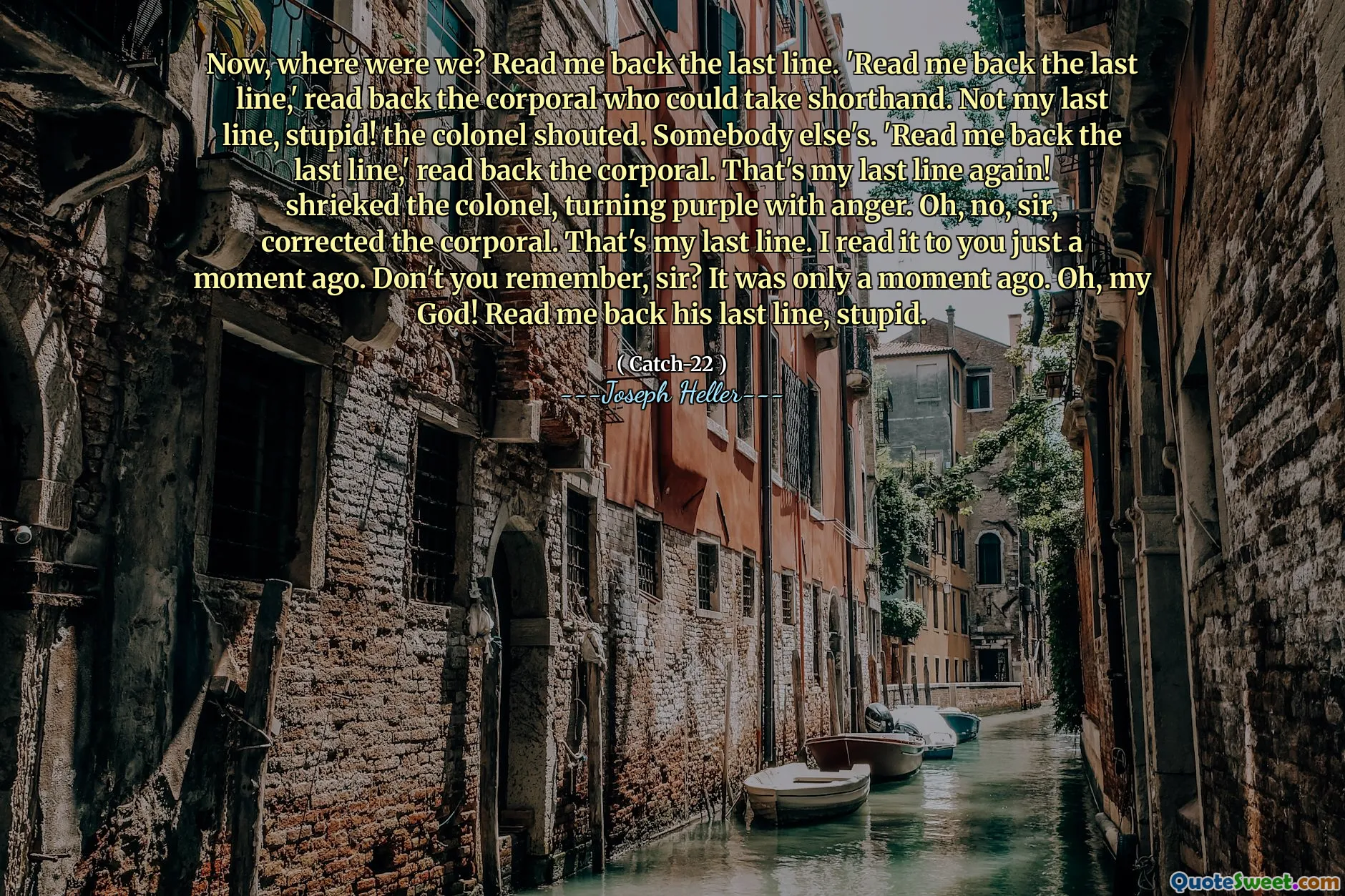
现在,我们在哪里?读我的最后一行。 “读我的最后一行,”回信可以拿走速记的下士。不是我的最后一行,愚蠢!上校大喊。别人的。 “读我的最后一行,”读回下士。那又是我的最后一行!上校尖叫着,愤怒地转动了紫色。哦,不,先生,纠正了下士。那是我的最后一行。我刚才读给你。先生,你还记得吗?那只是片刻之前。我的天啊!读我的最后一行,愚蠢。
(Now, where were we? Read me back the last line. 'Read me back the last line,' read back the corporal who could take shorthand. Not my last line, stupid! the colonel shouted. Somebody else's. 'Read me back the last line,' read back the corporal. That's my last line again! shrieked the colonel, turning purple with anger. Oh, no, sir, corrected the corporal. That's my last line. I read it to you just a moment ago. Don't you remember, sir? It was only a moment ago. Oh, my God! Read me back his last line, stupid.)
在约瑟夫·海勒(Joseph Heller)的“抓-Cath-22”(Catch-22)的幽默段落中,当下士误解了他的要求时,上校越来越沮丧。上校要求下士读回一条线,但下士继续重复自己的最后一行,引起混乱。随着上校的愤怒的增长,情况升级,强调了军事交流的官僚主义荒谬。
这种交流说明了官僚主义的混乱性质,简单的要求可能会导致误解和情绪增强。下士无法认识到自己的话语与上校之间的区别导致可笑的紧张感,从而揭示了在等级制度中经常遇到的挫败感。海勒利用这种对话来揭露严格的军事规程和荒谬的沟通崩溃的愚蠢。
